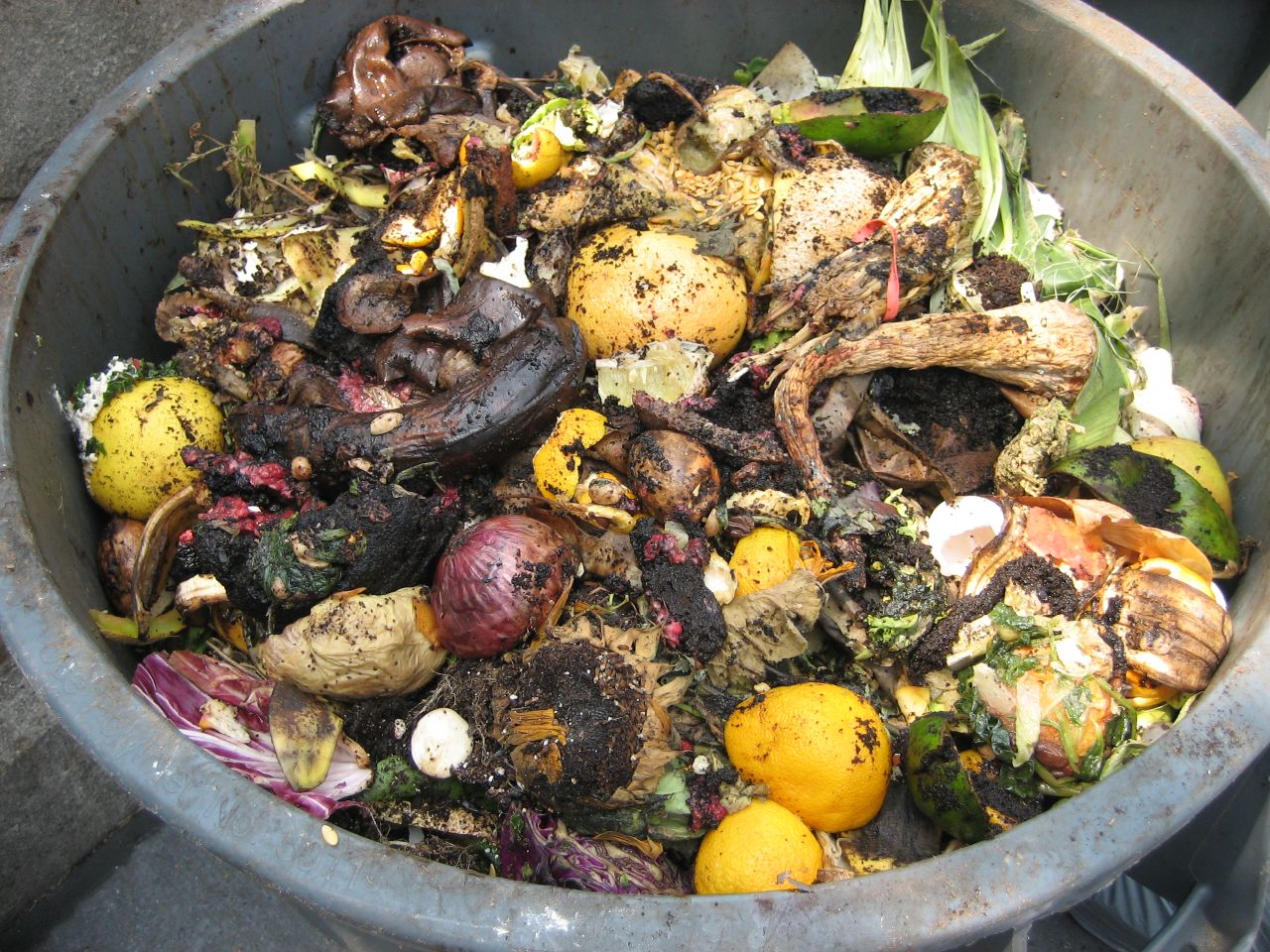Compost can make an excellent fertilizer for your home’s garden, but this readily available and simple option is often overlooked. Yes, watering your garden and using store-bought fertilizers and plant food is a great way to get started, but if you want to grow healthy, natural, and tasty vegetables inexpensively, composting is the way to go.
Chances are that there is already a compost pile somewhere in your community. These places take organic waste and allow it to break down into a form that can be used to fertilize anything from small gardens to large fields of crops. Most community compost heaps allow residents to take as much compost as they need. Available and accessible as these may be, however, creating and maintaining your own personal compost pile is both more fulfilling and easier; doing so may sound difficult to the inexperienced gardener, but it’s much easier than you think.

Backyard Composting
According to the Environmental Protection Agency’s website, backyard composting is actually quite simple. It requires three major ingredients:
- “Brown waste,” such as dead leaves and tree branches
- “Green waste,” such as grass clippings, fruit and vegetable scraps and coffee grounds
- Water
Your compost pile should contain equal amounts of all three ingredients. The brown waste will provide carbon, while the green waste will provide nitrogen, both of which are essential to keeping a garden healthy. The water will help break down the organic matter.
To make your compost pile, find a cool, dry, shady spot near a water source and add both types of waste as they are collected. Chop up the larger pieces and moisten anything that looks too dry. Once your compost pile has grown to a decent size, bury more green waste—from sources such as grass clippings or fruit and vegetable scraps—under about ten inches of extant compost. You can cover your compost pile under a tarp to keep it from drying out if you wish, but as long as you are near a water source your pile should remain sufficiently moist. The compost is ready once it has the look, consistency, and smell of rich, dark soil. This normally takes between two months and two years.
You can continue to add waste to your compost pile until it is ready. Most organic waste can be added to a compost pile, but the following materials should be avoided:
- Black walnut leaves and twigs
- Meat scraps
- Bones
- Animal droppings
- Dairy products
- Diseased plants
- Any plants treated with pesticides
There are a number of reasons why these materials should be avoided, but the primary one is that they all contain harmful chemicals that can be absorbed by the plants they are used to fertilize, making your home-grown fruit and vegetables potentially harmful to you and your family.
Indoor Compost Bins
Most composting is done outdoors for obvious reasons, but not everybody has the space to make and maintain a large pile of compost. Fortunately, composting can just as easily be done indoors with a compost bin. These bins can be purchased at most hardware or home and garden stores, but one can also be made just as easily by following these easy steps:
- Drill holes ½ inch in diameter in the bottom and sides of a plastic garbage can.
- Place a brick surrounded by wood chips or soil at the bottom of a larger garbage can.
- Place the plastic can with the holes inside the larger can on top of the brick. Insulate the outer can to keep the unit warm, and keep it covered with a lid.
As with an outdoor compost pile, most organic wastes and shredded paper products can be kept in a compost bin. Remember to avoid the wastes listed above for outdoor composting, and avoid the smell by keeping the compost bin covered with a lid at all times.
As you can see, composting can be a great way to turn most of your waste into something useful. It does take some time and effort, but before long you will have a renewable source of nutrient-rich plant food for your garden.
Jennifer Carrigan is a freelance writer who uses her compost daily to make her planet healthy. To ensure she stays healthy, she can get a quote for life and critical illness cover and learn what is covered under critical illness policies.